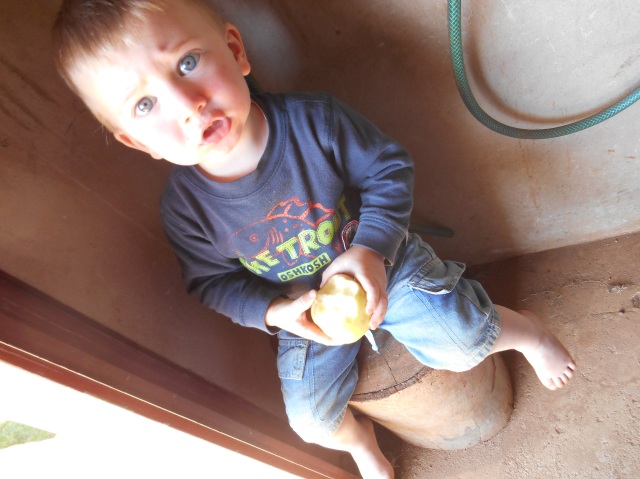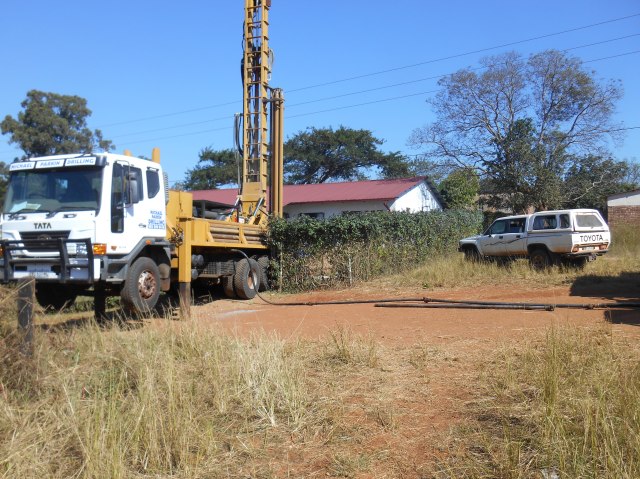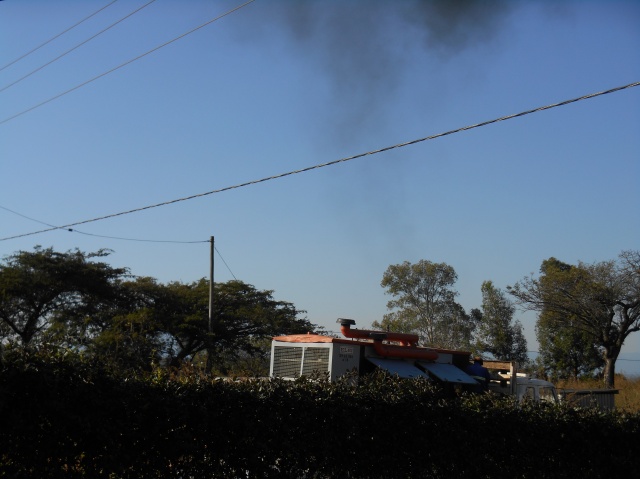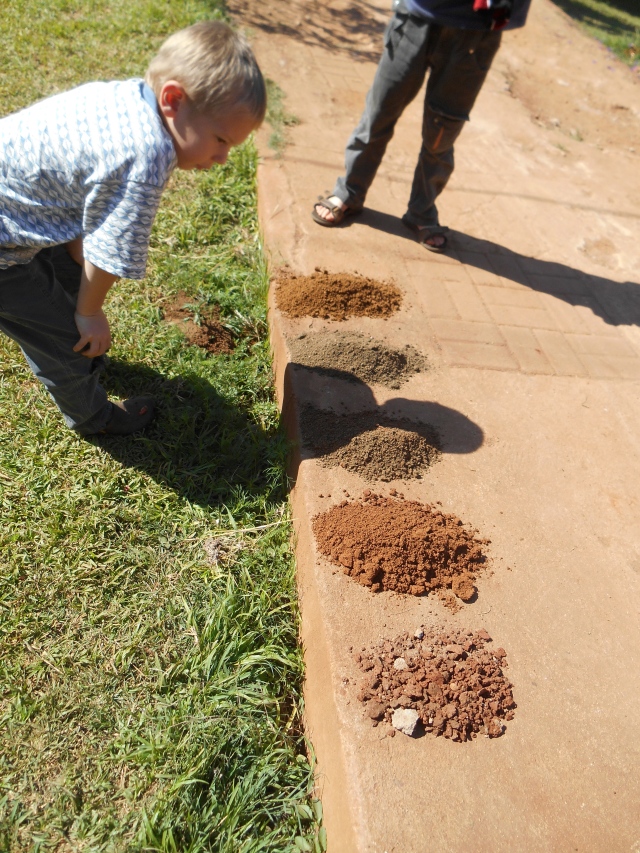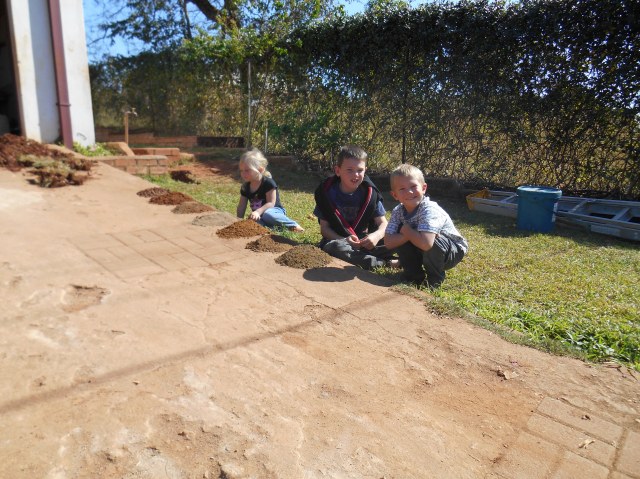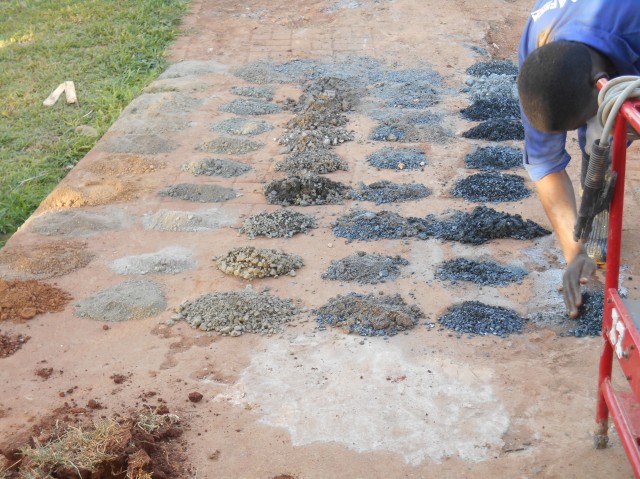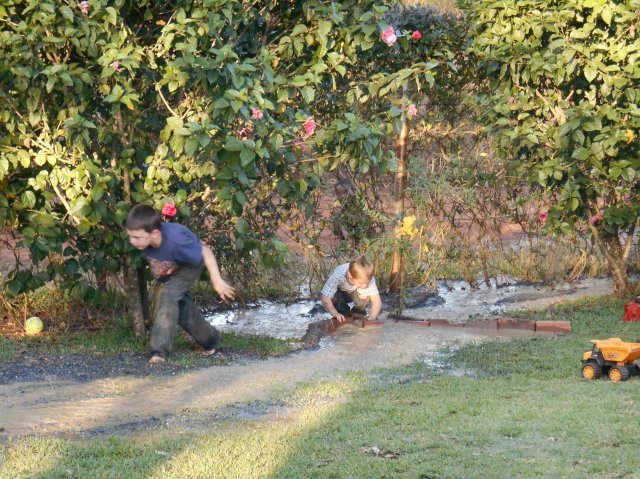That's annoying. I mean, the adjectival form of the word mission works perfectly for my Monday writings. "Missionary Monday" is a little awkward and cumbersome since it's not an adjective, and "Mission Monday" has some connotations of its own. Did you know that even whether the "s" is on the end of the word mission or not can define you in a certain camp?
- Mission
- Missions
- Missional
- Missionary
It's really very confusing. I read several articles trying to understand what it means exactly to be "missional," but I'm still on mission to get at the substance of it. It seems kind of like the word evangelical--a hazy, encompassing word that lots of people use to describe themselves, from some Mormons to some fundamentalists to some Catholics.
So am I missional? I thought I was, but I guess it's gotten redefined from some guys tracing back to Karl Barth. Like the word gay, it means something different now than from the 40s; and you might want to be careful about using the term if you haven't made your definition clear first.
Some people in our postmodern age hate labels altogether, and thus would say it doesn't matter what term you use. But Seth and I feel that labels can have value in saving time, IF the speaker and hearer have the same definitions for the label. For example, rather than saying, "I'm a Biblicist," and then using a lengthy doctrinal statement to define what you mean by that, you could say, "I'm a pre-mil, Reformed Baptist." (Providing your hearer understands your definition of those labels!)
It's also difficult to use labels if the labels themselves have become so amorphously defined that people of all different stripes use it, which seems to be part of the difficulty with the term missional. I normally don't like to play with redefining terms or labels, (though I'm going to break that rule today). Definitions do exist, and truth can be found.
Here's Seth's definition: Missional refers to interacting with culture for religious ends; striving to redeem or transform society with a spiritual motivation. Wikipedia and Christianity Today use missional authors to define it, and 9 Marks Journal and Kevin DeYoung critique it in the other links in this post.
Seth's definition above doesn't seem too incendiary. It's the applications of what the mission is perceived to be and how it is achieved that can be scary. For example, church as a governed institution is rejected and undermined, as is typical outreach or churchplanting done by traditional missionaries. "Engaging culture" seems to be a thinly veiled term for actually clinging to sinful culture. Rather than encouraging daily denial of self and taking up one's cross, new believers are encouraged to stay in the groups or acts they were in or doing and to "redeem" them for Christ.
A hunky student at an evangelical college models licentiously for an Abercrombie & Fitch ad, and student writers for the college newspaper commend him for his efforts as a "missionary" to Hollywood. That's missional living (according to some). (Totally crossing the line to use our word there--"missionary"!)
An evangelical mega-church near my home (in America) advertised their weekly singles' meeting, in which they would watch an R-rated movie together to find the "redemptive value" in it. That's missional.
Even with these problems with the word missional, however, I feel that there are three reasons I can apply the term to myself.
1. I do agree with some of the underlying passions of missional proponents.
As Kevin DeYoung says in a very helpful critique of missionalogy, "At its best, missional represents everything Christians ought to be. We should be concerned about the lost and compassionate about the hurting. We ought to sacrifice personal preferences for the good of others. We should think critically about our own traditions and creatively about new strategies. We ought to bless people, love God and love neighbor."
In the sense that "Missional refers to interacting with culture for religious ends; striving to redeem or transform society with a spiritual motivation," I am missional. In the bad exegesis and applications that missional proponents have married to the term, I am not.
2. The etymology of the word missional applies to me.
According to my Latin guides here, "miss-" means to "send, let go." The noun suffix "-ion" means "condition; quality; act." And the adjective suffix "-al" means "characteristic of; relating to." What is relating to the condition or act of sending, more than actual missionaries? And if we're going to apply the term "missionaries" (people who have the quality of being sent) to people who are not actually going somewhere (and by that I mean, crossing a cultural, linguistic boundary), then we need to find another term for those people who do that.
There needs to be some adjective for us, if we can't use "missional."
3. I feel the errors of the missional movement need to be critiqued by real missionaries.
I'm not sure the most obvious way to do that without trying to snub the fallacious exegesis of those on mission, by taking their term and reclaiming it for myself and other missionaries like me, who I feel are really doing missions! First, the term is confusing and amorphous enough that I feel I can play with it and apply it to myself. Secondly, some of the connections that are somewhat clearly linked to the term are bad enough that I want to reclaim it for us! The real missionaries!
"Missional" should mean people who leave their own culture to go to another lesser-reached one in obedience to Christ's commands in Mt. 28:19-20, NOT people who stay in their own culture and focus on Christ's commands from the Sermon on the Mount.
"Missional" should refer to a carefully crafted sermon prepared through hours of thoughtful study of both the Word and the linguistics of a foreign language, NOT an exegesis of the latest article on the 17 hottest guys in America in Seventeen magazine.
"Missional" should refer to carefully defining the Gospel--repentance, faith, substitution, grace, NOT calling "instituting peer mediation among students" in the public school "preaching the Gospel."
"Missional" should refer to people who evangelize using the Ten Commandments and terms like "sin," NOT people who evangelize using the 11th commandment of general nice-ness.
"Missional" should refer to people who have think-sweat from trying so hard to figure out how to help the poor culture they are living amongst without hurting them, NOT people who assume that throwing money at the noble savages is the best way to salvage our conscience that we have done mission.
"Missional" should refer to those who give themselves to the Word and prayer and keep themselves unspotted from the world, NOT those who are conversant about the phone-book-thick catalogue of rap artists on the music scene today or the newest alcoholic beverage brand name.
"Missional" should refer to me and those like me, who have left houses, lands, and family for Christ's sake, have suffered unique trials and temptations because of our mission, have dug fence post holes with their hands on Saturday morning and practiced sermons Saturday night in another language, have as our most embarrassing moments those language mistakes we made while preaching, are fluent in the critter population in our storage, remember the names and faces of numerous villagers we have had a Bible study with, are trying our 20th method of attempting to penetrate this culture for Christ, wonder if our water or electricity or gas will be reliable that day, whose children have been called "stupid" for not speaking the language well enough, who have cried over their own failures and earnest desires for a foreign people group...
Missionaries are the ones who should get to use the term missional. NOT a model in Hollywood.
To give the term to others so different from us undermines our true missional efforts. Use another name. That one’s taken.









